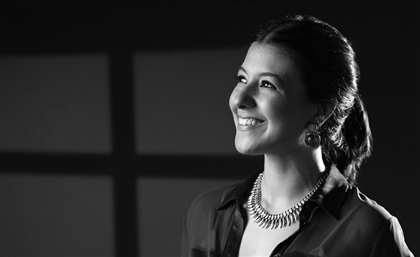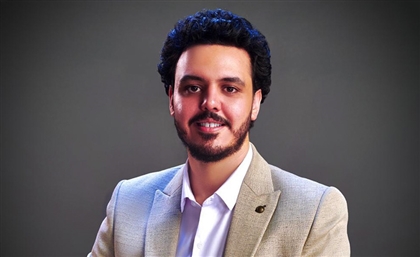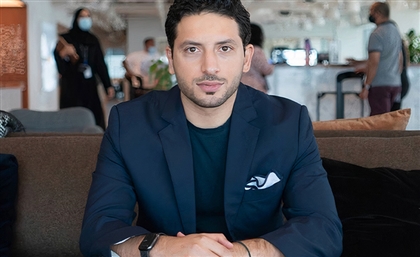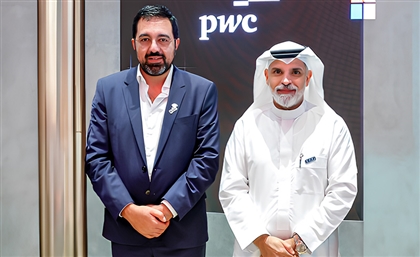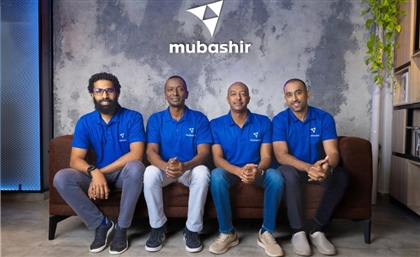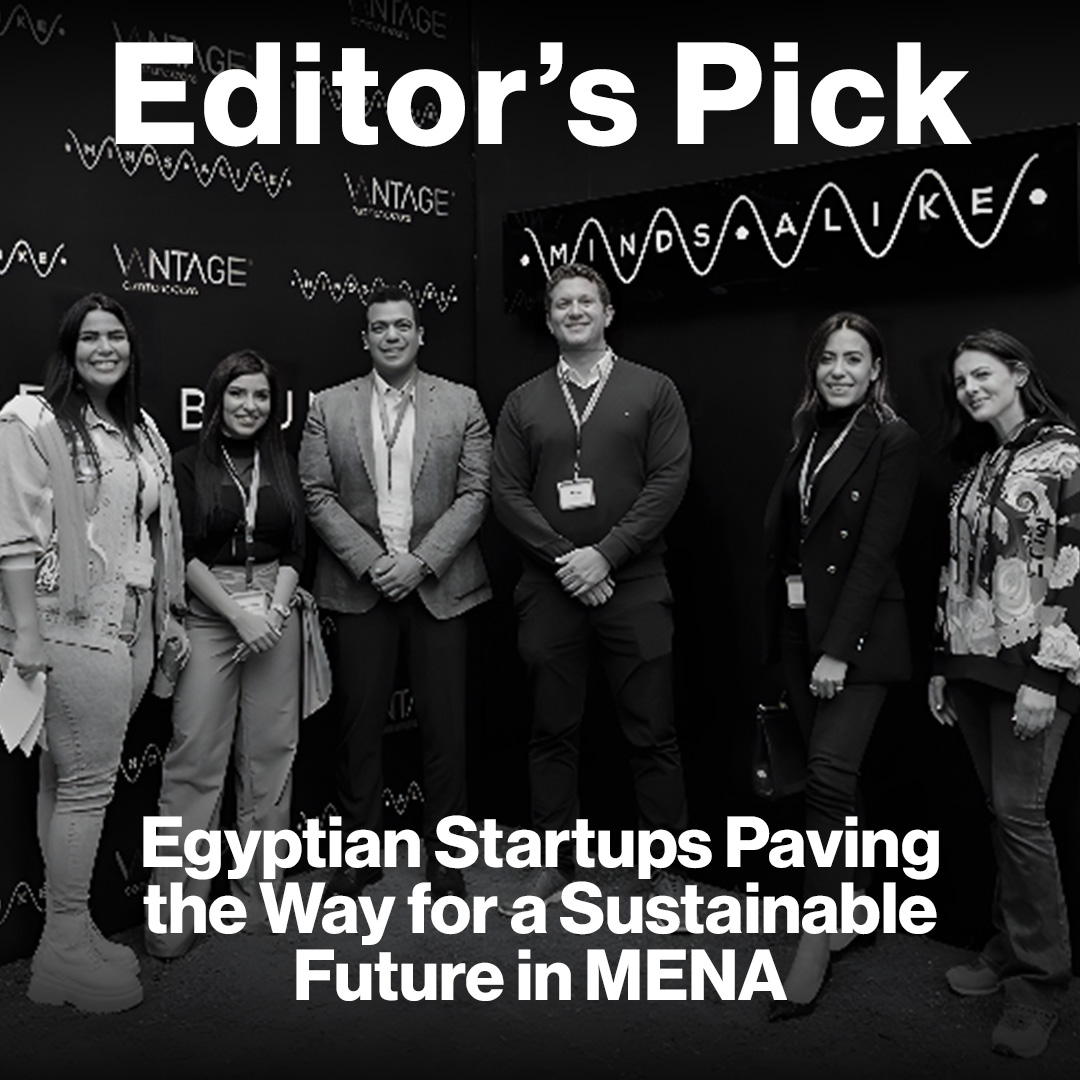How These Egyptian Entrepreneurs Built WideBot, the Arab World’s First Bot-Building Startup
They saw the need for Arabic-language chatbots in the MENA, and their success rippled all the way to Argentina. In a talk with Valentina Primo, the entrepreneurs explain how this "next big thing" is reshaping our mobile experience, what is a persona bot, and why we shouldn’t we be afraid of AI.
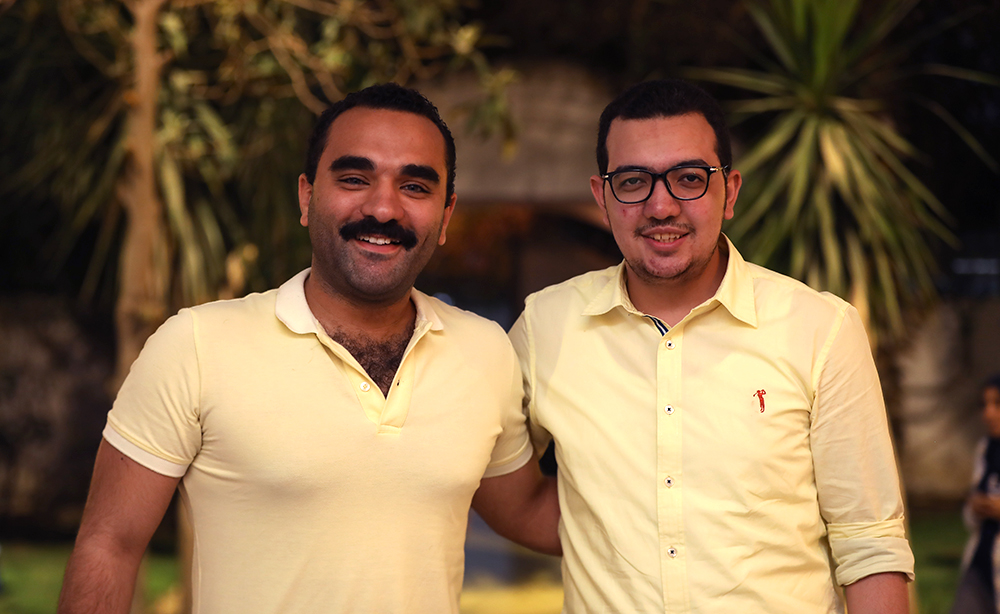
“Bot-powered commerce is our modern-day destiny,” a recent article on Hubspot anticipates. Whether it is through Facebook Messenger, WhatsApp, WeChat, or Viber, messaging will be the next big marketing channel, as bots radically solve the main challenge apps face: competing for mobile space.“Everyone is competing for mobile real estate; to have a space in your mobile is the most expensive piece of real estate you can have,” Egyptian entrepreneur Mostafa Kandil told us in an interview earlier in 2017.
With 1.3 billion monthly active users of messenger - and 164 million monthly active users on Facebook in the MENA region - the chatbot market size is estimated to reach $1.25 billion by 2025. In less than two years, 300,000 bots were created on Facebook Messenger since they launched the service at their annual developer conference F8 in 2016 - and in the Middle East, one Egyptian startup is taking the lead in building Arabic-language bots: WideBot.
The startup was crafted by Mohammed Nabil and Ahmed Labib, two college friends with the vision of transforming the way companies communicate with clients. “Chatbots are a new revolution in the relationship between businesses and customers, so we found a good opportunity,” Nabil says. “Just like mobile apps were a revolution 5 years ago, eating a lot of the market share of websites, the revolution are now chatbots, which can build trust between business and customers.”

“Chatbots are a new revolution in the relationship between businesses and customers,” co-founder Mohammed Nabil says.
Soon, the duo spotted Saif Ahmed, a brilliant engineer who had just launched a chatbot that was making waves across an whopping 70 million people called Azkarbot, which was focused on offering religious and spiritual counselling in a region where therapy is taboo. And, much like a spark triggered by the junction of like-minded forces, the founders’ encounter resulted in immediate partnership.
Today, just a little over a year since its inception, the startup has grown a team of 18, expanded operations in Delaware, Dubai and the Gulf region, and has 350 clients under their belt - plus 210 on the pipeline - including Etisalat Egypt, Mc Donald’s UAE, and even Santander Rio Bank in Argentina.
“We saw a lot of bot builders around the world, but none of them was working with AI in Arabic - they don’t even support Arabic, which means the whole MENA region is a piece of the cake nobody is focusing on,” explains Saif Ahmed. “Today, there are now more than 150,000 end users in our platforms. We are expanding our team, and 2 months ago we built our in-house AI lab to build our AI engine, 100% made by our team,” adds Nabil, as they finish a speech during the opening of Seedspace Cairo, in the Egyptian capital’s district of Maadi. Last year, the startup took home the first prize at the Seedstars World pitching competition.
Globally, the bot market is estimated at $40 billion, with over 5 billion people using messaging apps monthly; indeed, for the first time, people are now using them more than social networks. “We don’t have statistics of bots in the MENA region, but we want to milk the statistics on AI in Arabic and lead innovation in AI in Arabic,” Ahmed says confidently.

Last year, the startup won the first prize at the Seedstars World competition held during the Techne Summit.
In 2017, the entrepreneurs entered the incubation programme by Egypt’s TIEC, with an EGP 120,000 seed investment, a milestone that kicked off a series of victories across pitching competitions, including the first place in Arabnet 2017, Orange startup cup 2017, Demo Africa 2017, and the second place in the prestigious MIT Enterprise Forum Pan Arab Competition 2018. They were also awarded by ITIDA best innovative startup of 2017 in Egypt.
“When we joined TIEC, the proof of concept was very funny; it was a bot on WhatsApp that turns lights on and off through a voice note,” Nabil recalls with a smile. Today, their menu-maker bot on messenger allows users to order by sending a voice note or taking a picture of a meal, which “can be implemented on any chatbot.”
Beyond marketing, chatbots are today crucial to any business’ relationship with its customers, the founders say. “Right now, it’s all about customer care; not just customer service,” Ahmed explains. “Chatbots get everything that customers need from a business done, including entertainment - you can have small talks about traffic or the weather, while at the same time getting everything in the business done in milliseconds,” he explains.
Some of WideBot’s chatbots include Mr.chef, a bot created for Americana in Saudi Arabia, uses NLP to understand occasions, timing, and MENA cuisines, to deliver personalised recipes. Another example is a B2B chatbot for Stander Rio bank in Argentina, which automates SR bank hiring process. “Last year, they got more accurate employers and saved 45 percent of the hiring costs thanks to the bot,” Ahmed says, as he indicates on of the most popular bots in their MenuMaker platform: Koshary Abo Tarek in Egypt.

"We've just built our in-house AI lab to build an AI engine, 100% made by our team," co-founders Mohammed Nabil and Saif Ahmed say.
With industries like call centres having become a major source of employment in emerging markets, the question on everyone’s mind is how AI is going to change that. “It’s like the revolution of manufacture. When it came, a lot of people lost their jobs; which means there will be unemployment, but we will get new jobs and replace jobs. Then we’ll find new jobs and new tasks to do,” Ahmed explains.
The phenomenon has permeated communications beyond the businesses realm, with artists and celebrities using Persona Bots, which allow them to interact and maintain relationships with their customers and followers. “But chatbot won’t replace apps,” Ahmed points out. “They will complete them. Chatbots are now relying on apps and websites, and they will keep doing so. But we will have less apps and websites that do multiple services, as people will use one app that does everything,” he explains.
However, he does not hesitate when he states that chatbots will change the internet as we know it. “Industries like banking would like to have these bots on browsers, without involving clouds or the internet, as they need it to be more secure. They need bots that can automate all the process, within a closed network, without resorting to the cloud. But on the other hand, the Internet Of Things (IoT) is competing with this. People are relying on the internet to build the automation of things, from how you open the fridge, to how you turn on the light. So we have two big trends, which will extend to other industries,” he says.
Envisioning a reality where conversations with bots become indistinguishable from human-to-human interaction does not seem too far-fetched then. “The funny thing is that when people talk to call centres, they don’t know it’s a bot. They just need to get things done, never minding whether they are talking to a person or a bot. So when they talk to persona bots, they don’t know it’s a bot either.”
But the question mark perhaps arises when AI seems to know us, our tastes, and our preferences better than we know ourselves. “That’s the scary part,” Ahmed admits. “When people treat bots as humans, not machines. We should treat them as machines that do things for us, not as a citizens whom we teach human nature, which will reflect on us in the future. We should have safer environments to work with that,” he concludes.
Photography by @MO4Network’s #MO4Productions.
Photographer: Ashraf Hamed.
Trending This Month
-
Apr 05, 2024



